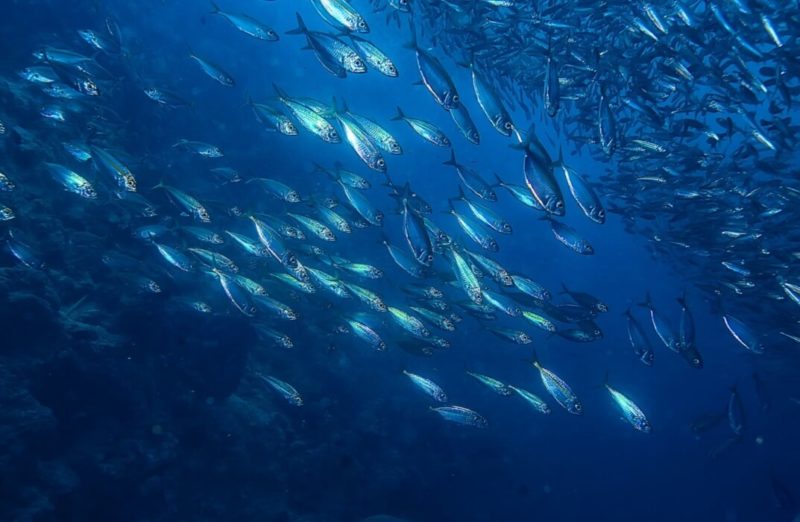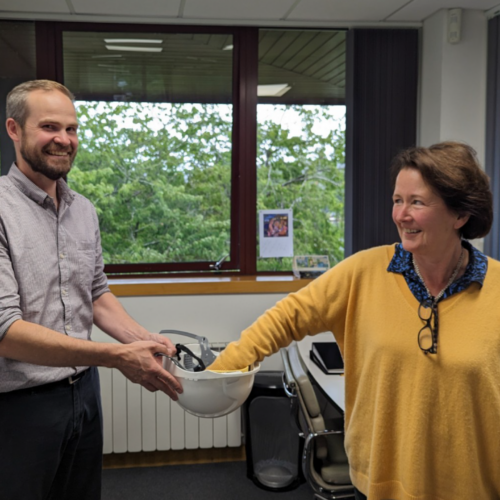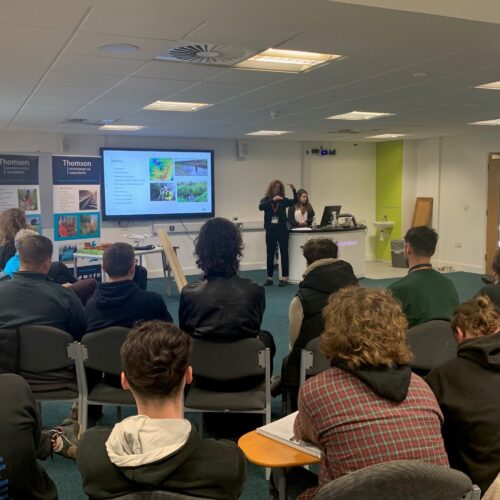Today is World Meteorological Day!
On the 23rd of March annually, we celebrate the establishment of the World Meteorological Organization (WMO) on 23rd of March 1950. This is a specialised agency of the United Nations dedicated to international cooperation and coordination on the state and behaviour of the Earth’s atmosphere, its interaction with the land and oceans, the weather and climate it produces, and the resulting distribution of water resources.
The WMO facilitates and promotes:
- The establishment of an integrated Earth System observation network to provide weather, climate, and water-related data.
- The establishment and maintenance of data management centres and telecommunication systems for the provision and rapid exchange of weather, climate, and water-related data.
- The creation of standards for observation and monitoring to ensure adequate uniformity in the practices and procedures employed worldwide and, thereby, ascertain the homogeneity of data and statistics.
- The provision of weather, climate and water-related services – through the application of science and technology in operational meteorology and hydrology – to reduce disaster risks and contribute to climate change adaptation. Other sectors involved include transport (aviation, maritime and land-based), water resource management, agriculture, health, and energy.
- Closer cooperation between National Meteorological and Hydrological Services and the coordination of research and training in meteorology and related fields.
National Meteorological and Hydrological Services constantly work to monitor the Earth’s climatic systems and provide vital weather and climate information worldwide. Providing early and reliable warnings of severe weather and reduction in air quality as well as highlighting climate variability and change, allows decision-makers, communities, and individuals to be better prepared for weather and climate events. These warnings save lives and property, protect resources and the environment, and support socio-economic growth. WMO supports National Meteorological and Hydrological Services with this work and in meeting their international commitments in the areas of disaster risk reduction, climate change mitigation and adaptation, and sustainable development.
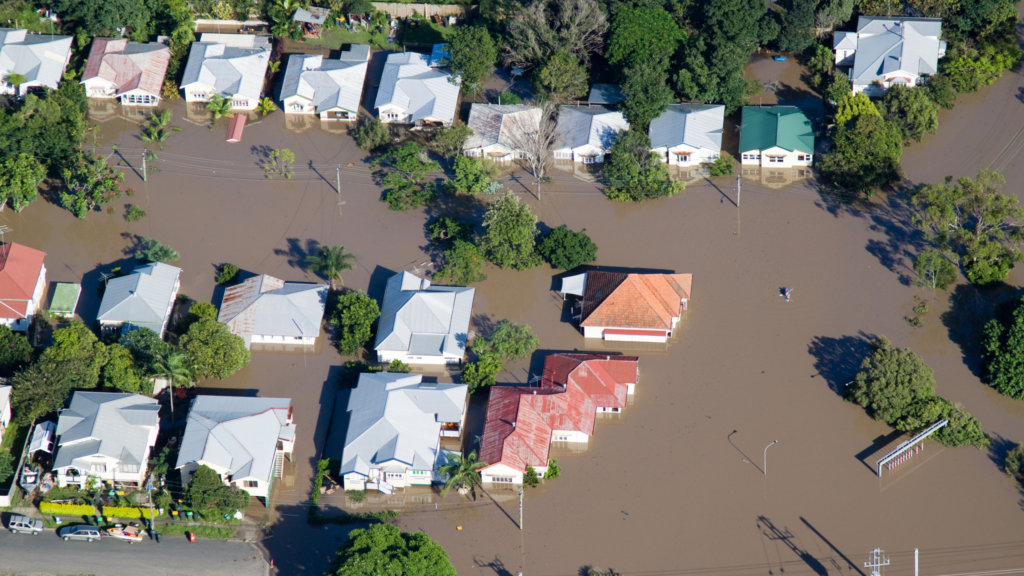
Observations are our primary source of information about climate change. The available historical observations undertaken by National Meteorological and Hydrological Services (NMHSs), although incomplete, underpin our understanding of key climate processes and climate change. Long-term records from land and ship-based meteorological stations, radiosondes, satellites, and other observational instruments provide the necessary long-term data to understand our rapidly changing climate. These data has been analysed using a variety of techniques to provide the robust scientific basis upon which we can undertake scientific assessment and monitoring activities.
Having reviewed a variety of datasets from climate observations, the Intergovernmental Panel on Climate Change (IPCC), Working Group I (WGI), in its Sixth Assessment report (AR6, IPCC, 2021) concluded that the scientific evidence of climate change is unequivocal. Anthropogenic climate change is affecting every region of our planet, with many regions experiencing more frequent weather and climate extremes. This conclusion could not have been reached without reliable observations and data.
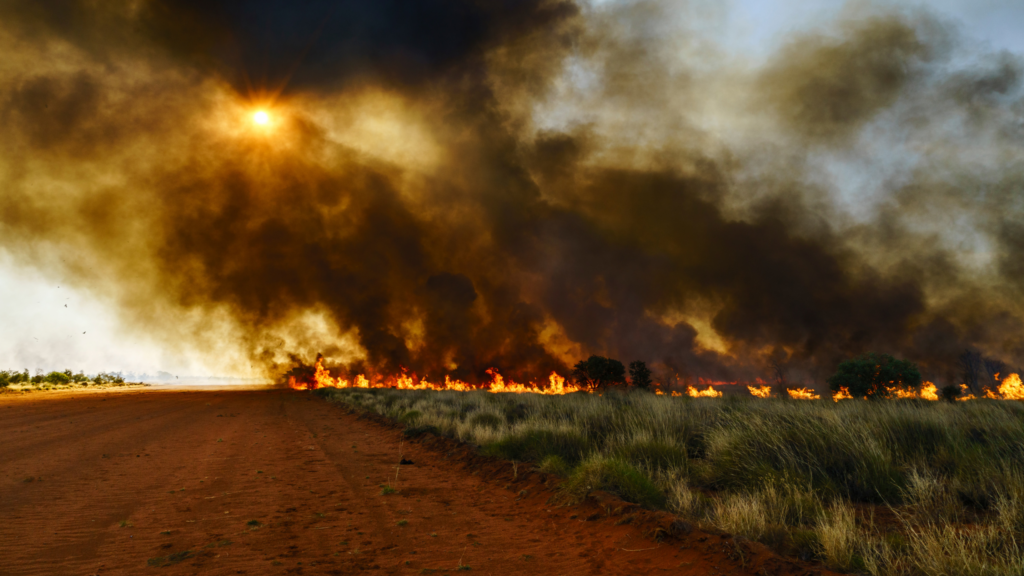
For 2022 the WMO Executive Council has selected World Meteorological Early Warning and Early Action for Disaster Risk Reduction as the theme for their upcoming celebrations. This organisation ensures that we have reliable, high-quality data to assist us in understanding our impact on the climate systems and their response to the human perturbations. This allows us the opportunity to better manage our impacts on, and responses to severe weather events.
To find out more about Thomson’s climate change and sustainability strategy and how we help other businesses develop their own visit our Climate Change and Sustainability page or contact our Associate Director for Climate Change & Sustainability, Andrew Frost.


